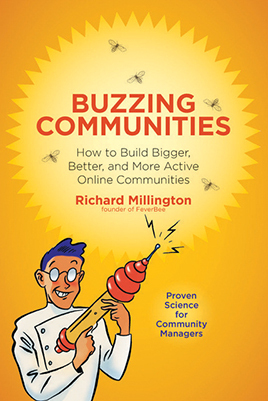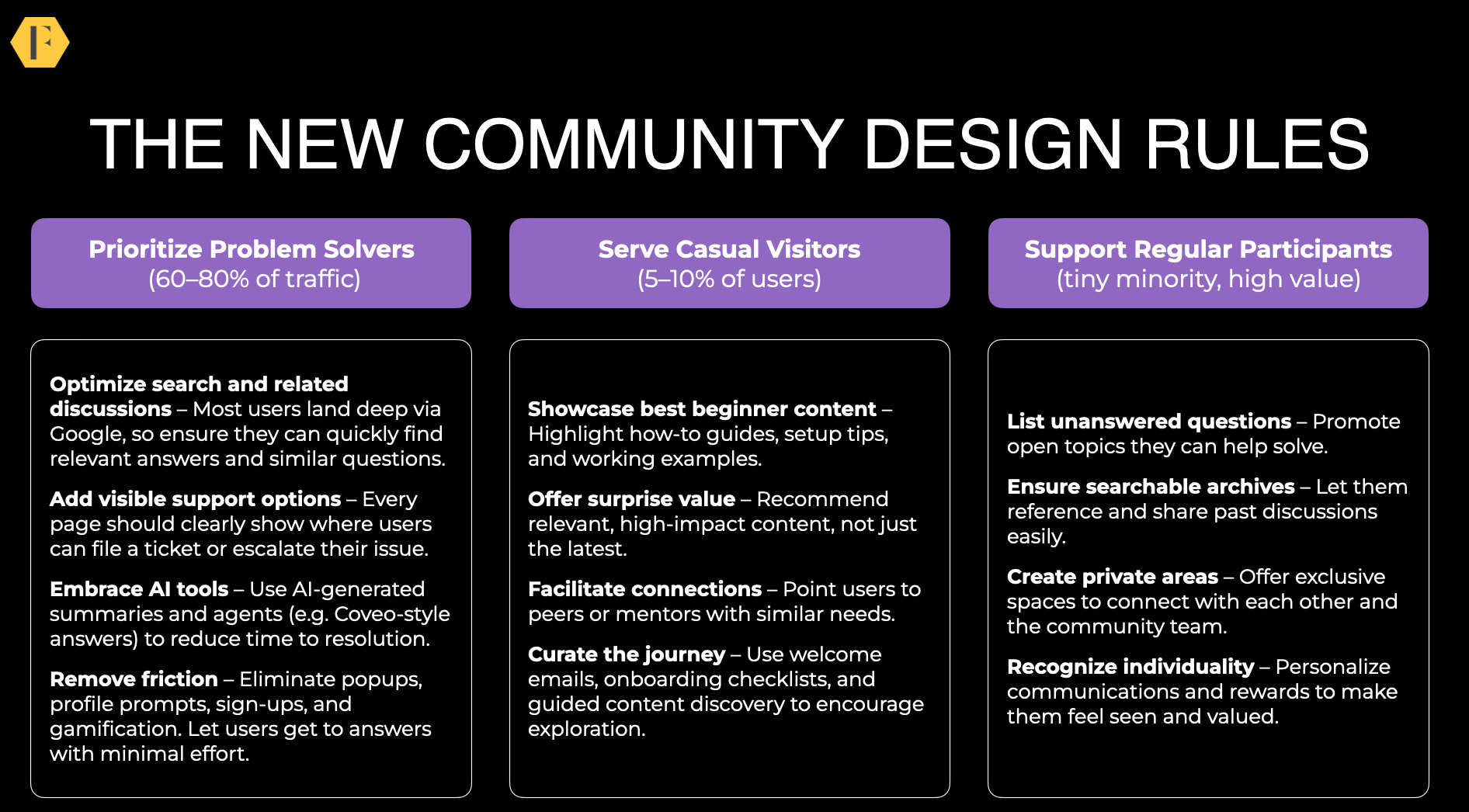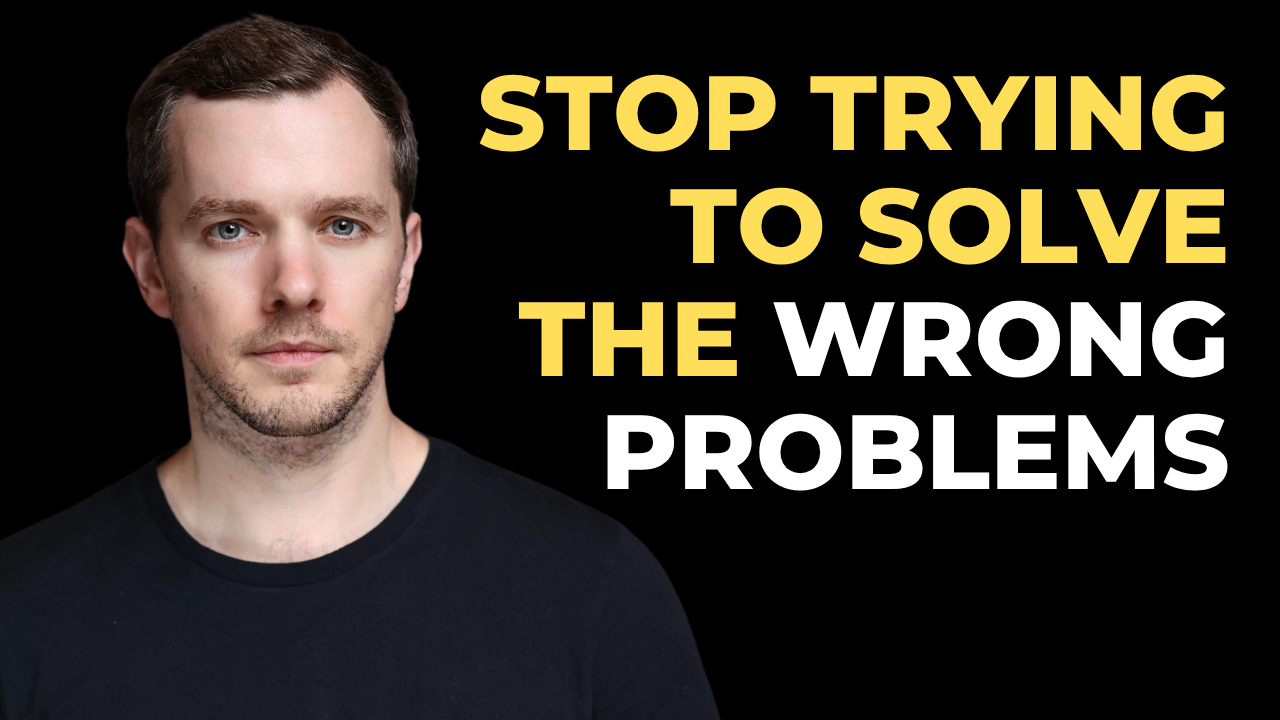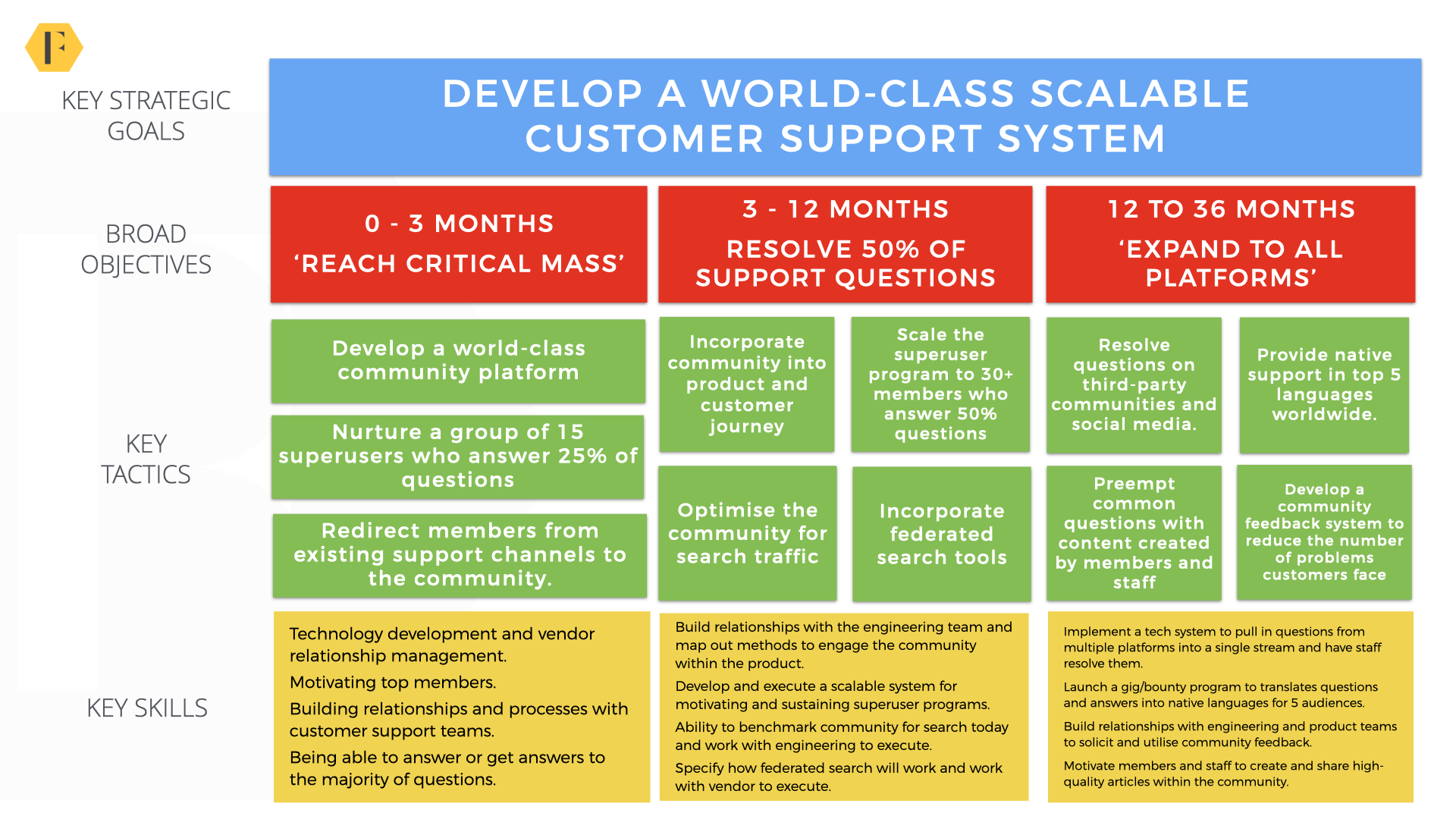Here is the typical approach.
You finally have the resources (or the need) to recruit someone. You browse the web to find a few job descriptions, use these as the basis to create your own, and post the final job descriptions on job boards, community sites, and any other channel you can find.
You narrow your list of 30 to 50 applicants down to 3 to 5 and interview each until you find someone who:
a) Seems to be easy to work with.
b) Seems to have relevant experience.
c) Is within your compensation range.
This isn’t a terrible approach. It often works well. But it’s often divorced from the strategy. This means you’re probably not specific enough in the skills you need at each level.
For example, let’s imagine a (simplified) strategy like this:
We have three clear phases, three broad goals, a set of key tactics and then we’ve identified the very specific skills which will be needed at each phase of the process.
Aside, many strategies are undermined by a failure to recruit people with the right skills for the tasks they’re expected to do.
Let’s imagine you’re launching a community.
Using the example above, we know we need four specific skills here:
1) Technology development and implementation.
2) Motivating top members to answer questions.
3) Building relationships and processes with the support team.
4) Being able to answer (or get answers) to the majority of questions.
We might decide to find someone who can do all of this or (more frequently) split technology into a separate role given it’s unique specialism.
When it comes to writing the job advert, we can be very specific:
“Within [x] months, we expect the applicant to have:
-
- Recruited 15 people who can answer questions in the community.
- Undertaken our staff training courses and be able to answer simple questions within the community.
- Built relationships with support teams to persuade them to answer questions in the community”
(This isn’t the full advert obviously, but it’s clear targets by a clear timeline).
Now in the job interviews you can ask more specific questions checking they have the expertise you need. For example:
“Which superuser programs have you set up and run before? What were the results? What succeeded and failed? How would you develop this program from scratch?”
“How were you able to acquire traffic from customer support channels in the past? What worked/didn’t work? What would be your approach this time around?
“How much do you know about our products at the moment? What is your current level of expertise within the topic? How would you persuade support staff to engage and participate in the community? How many support staff have you persuaded to do this in the past?”
etc…
Better yet you can often visit the past communities of potential applicants and see if they have done exactly the things you need them to do for you.
The Skills You Need Evolves Over Time
It’s worth remembering here the community skills you need will change as the community matures. This means at each phase of the strategic plan you either need to:
a) Recruit new staff members.
b) Train your current staff members in new skills.
The great thing about having a strategic plan in place is you can collaborate with your team, identify the skills they need, and sign them up to relevant training courses, books, mentorships, and more to prepare them for each new phase.
Better yet, if you know the skills you need in the future, you can begin connecting with people who might be a good fit today and building a pipeline of potential talent you can recruit in the future.
Side note: If you’re recruiting in a tech hotspot (Seattle/Bay Area), be aware most community managers only stick around for 1 to 3 years. This seems to be part of the bargain. You can plan for this and identify what the community manager will achieve within that time frame they’re with you.
You’re Acquiring Skills To Take Your Community To The Next Level
The recruitment process needs to reflect your community strategy.
You’re not simply trying to find warm bodies to plug a resource hole, you’re paying to acquire the skills your community needs to achieve the current and next phase in your community strategy.
Resources
p.s. This approach is also relevant when you’re attending community events. You can identify precisely what skills you want and attend the most valuable sessions and use the rest of the time to meet up with others who have recently been through the challenges you’re about to face.






